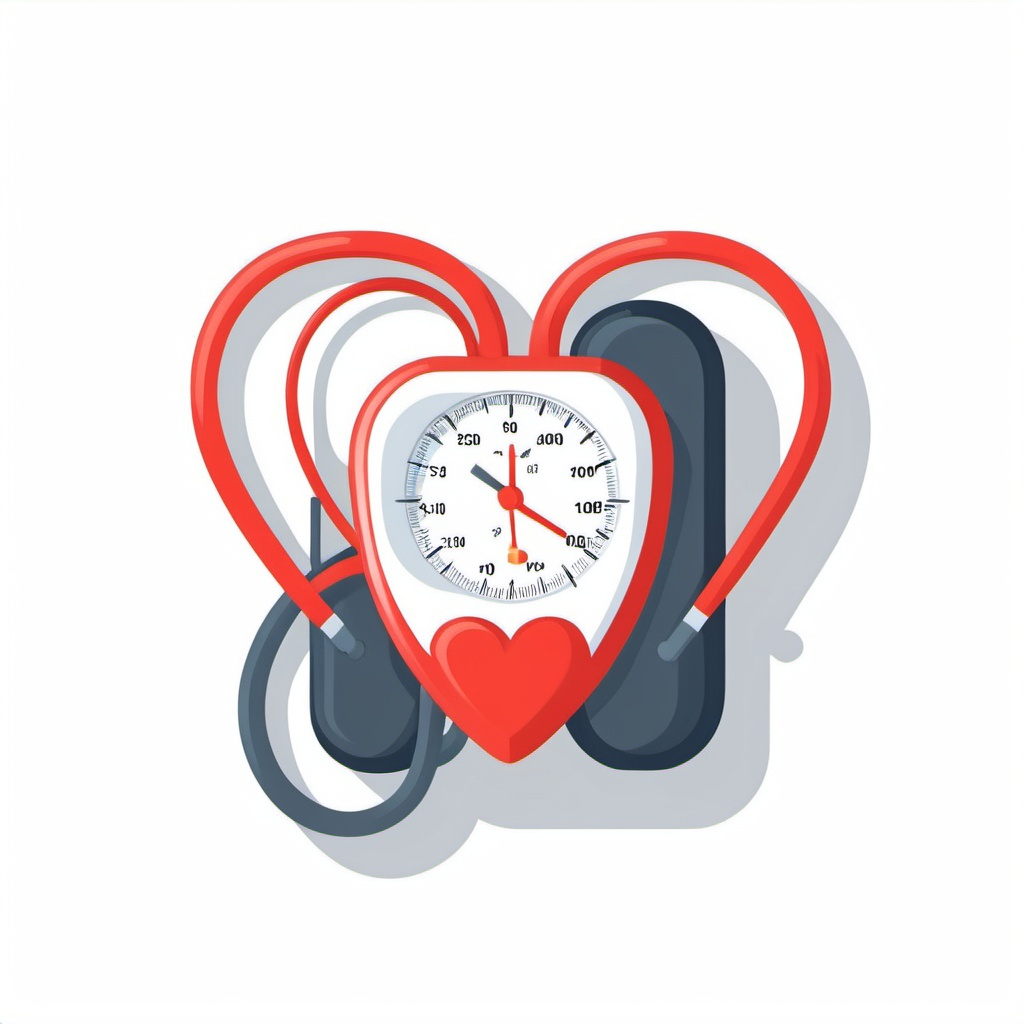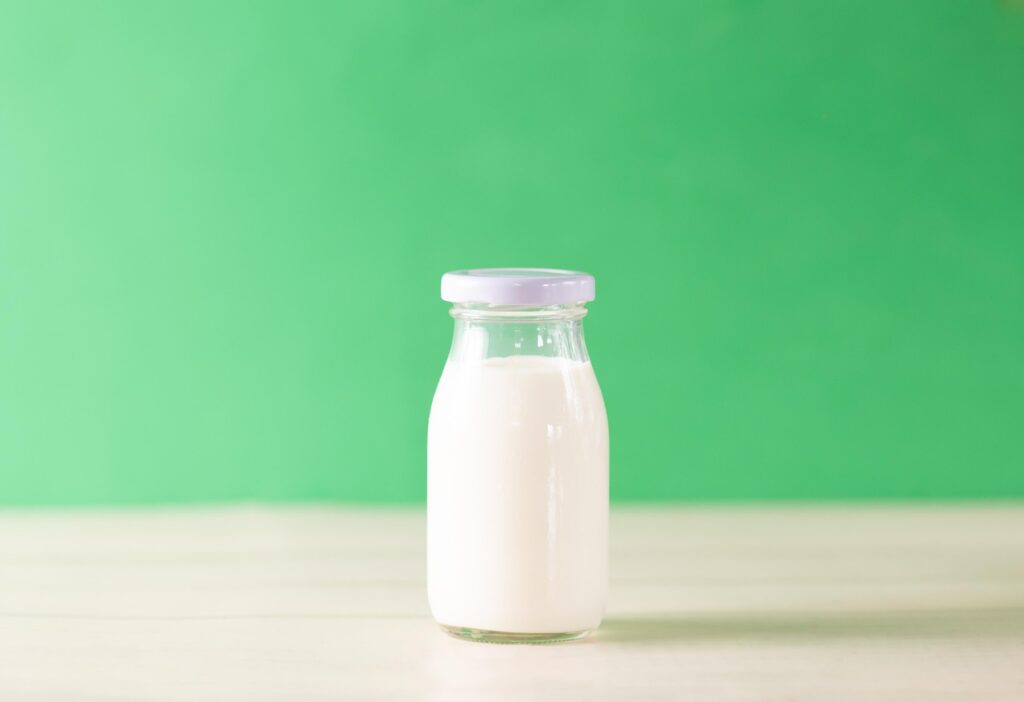
Stroke
What Is a Stroke?
A stroke occurs when blood flow to the brain is interrupted, depriving brain cells of oxygen and nutrients. This can result in brain damage, disability, or death. There are three main types of stroke:
- Ischemic Stroke: Caused by a blood clot blocking a vessel.
- Hemorrhagic Stroke: Caused by bleeding in the brain.
- Transient Ischemic Attack (TIA): Often called a “mini-stroke,” it’s a temporary blockage with no lasting damage.
Symptoms and Causes
Symptoms include sudden numbness or weakness (especially on one side of the body), confusion, trouble speaking, vision problems, dizziness, and severe headache. Recognizing these signs early and seeking immediate medical attention is crucial.
The main causes of stroke are high blood pressure, smoking, diabetes, obesity, and high cholesterol. Atrial fibrillation and a sedentary lifestyle also increase risk.
Prevalence and Prognosis
Stroke is a leading cause of death and disability worldwide. In the U.S., approximately 795,000 people experience a stroke annually. Early treatment can significantly reduce long-term effects and improve survival rates.
Management and Treatment
Treatment depends on the type of stroke:
- Ischemic Stroke: Administering clot-busting medications or performing mechanical thrombectomy to restore blood flow.
- Hemorrhagic Stroke: Surgery may be required to repair damaged blood vessels and relieve pressure.
- Rehabilitation: Physical, occupational, and speech therapy help patients regain lost abilities.
Living After a Stroke
Recovery from a stroke varies widely. Some people regain full function, while others may have lasting impairments. Preventative measures, like managing blood pressure, maintaining a healthy weight, and avoiding smoking, can lower the risk of recurrence. Support groups and counseling can help patients and families navigate the emotional challenges of recovery.
Top Concerns
A stroke is a medical emergency that can have life-altering consequences. Here are the primary concerns for individuals recovering from or at risk of a stroke:
Preventing Recurrence
After a stroke, individuals are at increased risk for another. Preventive measures, including medications and lifestyle changes, are a major concern.
Rehabilitation and Recovery
Regaining mobility, speech, and cognitive function through therapy can be a long and challenging process, requiring patience and resources.
Permanent Disabilities
Strokes can cause lasting disabilities, including paralysis, vision problems, and difficulty speaking. Adapting to these changes is a significant concern.
Emotional and Mental Health
Feelings of frustration, depression, or anxiety are common after a stroke. Access to emotional support and mental health resources is essential.
Medication Management
Medications to prevent blood clots and manage other conditions can be lifesaving but come with potential side effects and adherence challenges.
Caregiver Support
Many stroke survivors require ongoing assistance from caregivers, which can strain relationships and resources.
Financial and Accessibility Barriers
The costs of rehabilitation, medication, and home modifications can be substantial, adding financial stress to recovery.
Featured in Stroke
- Avocado: Creamy Comfort for Inflammation
 Avocados are the ultimate comfort food for anyone dealing with arthritis or other inflammatory conditions. These creamy delights are packed…
Avocados are the ultimate comfort food for anyone dealing with arthritis or other inflammatory conditions. These creamy delights are packed… - Inflammation: The Root Cause of Almost Every Major Disease You’ve Never Heard About
 Inflammation might sound like something that happens when you sprain your ankle or get a nasty paper cut, but did…
Inflammation might sound like something that happens when you sprain your ankle or get a nasty paper cut, but did… - Stress and Its Impact on Your Physical Health
 Stress doesn’t just affect your mood—it takes a toll on your body too. Chronic stress can contribute to high blood…
Stress doesn’t just affect your mood—it takes a toll on your body too. Chronic stress can contribute to high blood… - Obesity and its Numerous Comorbidities
 Obesity significantly impacts multiple organ systems and is associated with numerous comorbid conditions that can substantially affect health outcomes and…
Obesity significantly impacts multiple organ systems and is associated with numerous comorbid conditions that can substantially affect health outcomes and… - Mental Health and Emotional Well-being Post-Stroke: Coping Strategies and Support
 A stroke doesn’t just affect the body; it shakes the mind and spirit as well. One day, you’re cruising through…
A stroke doesn’t just affect the body; it shakes the mind and spirit as well. One day, you’re cruising through… - Your Dentist Might Spot Heart Disease Before Your Cardiologist
 You might visit your dentist expecting a routine checkup, but what if they end up being the first to warn…
You might visit your dentist expecting a routine checkup, but what if they end up being the first to warn… - New Study Finds 17 Ways to Lower Your Risk of Stroke, Dementia, and Depression
 What if you could make a few changes to your daily routine — and in doing so, reduce your risk…
What if you could make a few changes to your daily routine — and in doing so, reduce your risk… - The Common Supplement That’s Secretly Damaging Your Heart
 You might think that taking supplements is always a good idea—after all, they’re supposed to boost your health, right? But…
You might think that taking supplements is always a good idea—after all, they’re supposed to boost your health, right? But… - The Heart Attack Warning Sign That Shows Up in Your Feet
 Did you know that your feet might be trying to tell you something important about your heart? It turns out,…
Did you know that your feet might be trying to tell you something important about your heart? It turns out,…
Top Health Stories
- Breathe Easy: COPD Treatment Options ExplainedCOPD can make everyday life feel like you’re trying to suck air…
- A Digestible Holiday Feast That Won’t Ruin the Cheer!Ah, the holidays—a time for family, fun, and way too much food.…
- Leafy Greens for the WinSpinach, kale, and Swiss chard are the unsung heroes of the anti-inflammatory…
- Turmeric: The Golden HealerTurmeric isn’t just a spice; it’s a golden treasure for those dealing…
- Relaxation Tips for Health and HormonesStress is like that uninvited guest at your party—it overstays its welcome…
- Flex Your Way to a Happy ProstateExercise isn’t just about building muscle or fitting into those old jeans—it’s…

